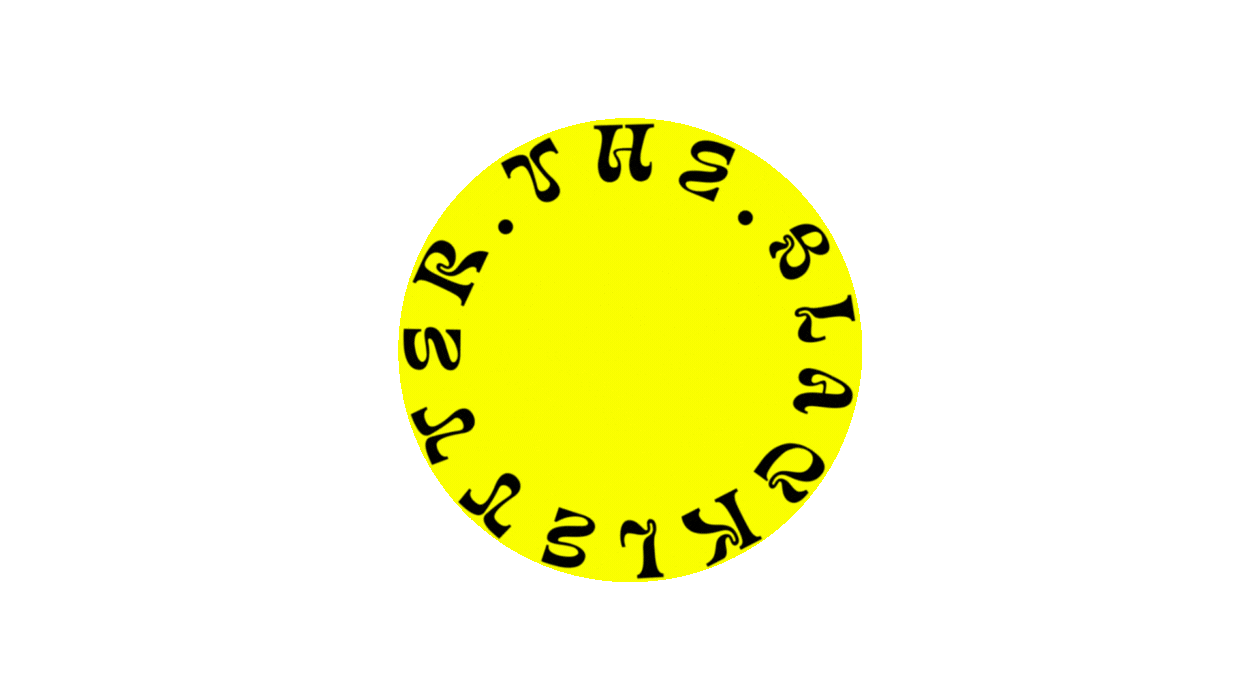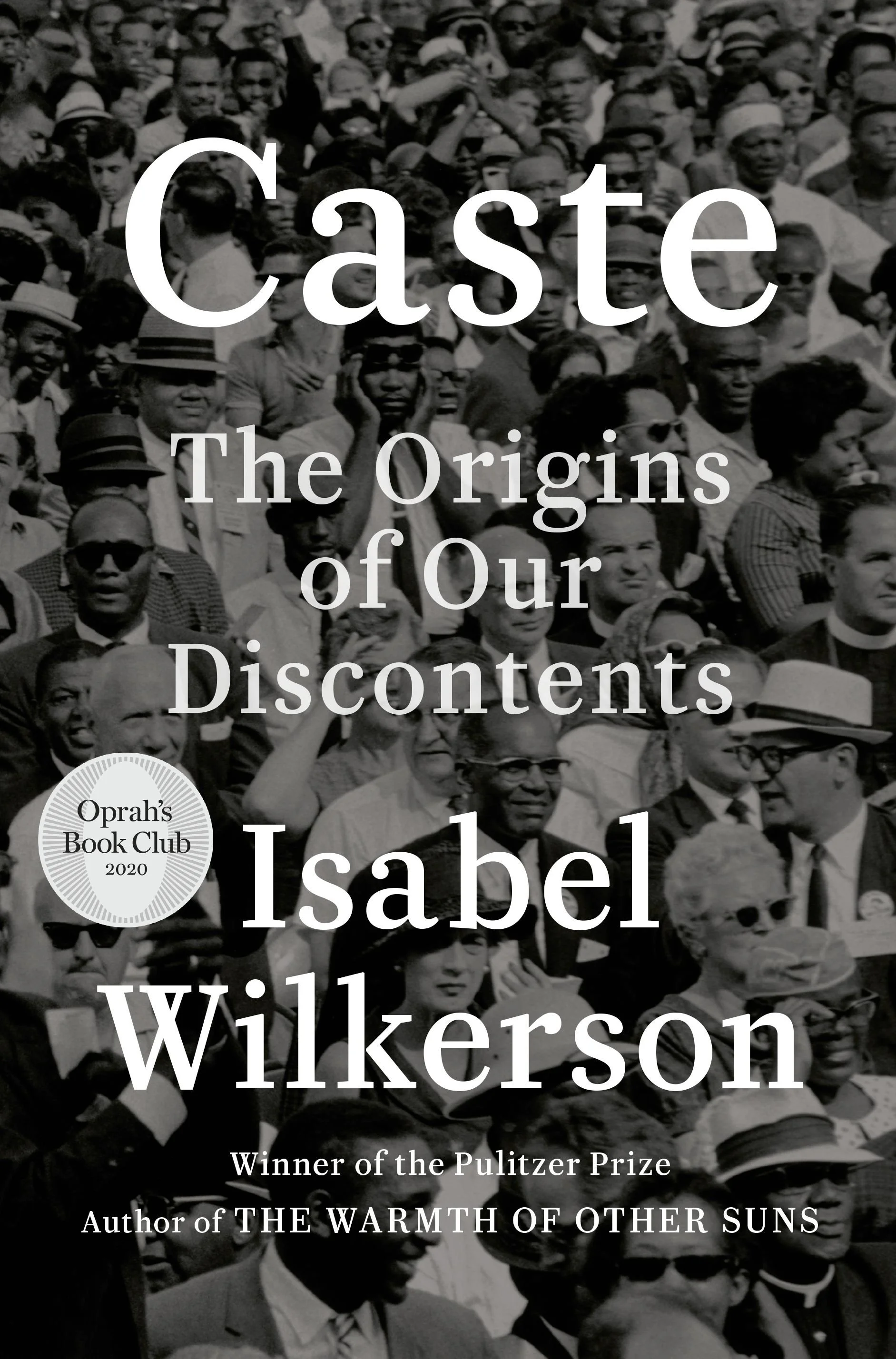Book Review: Caste: The Origins of Our Discontents by Isabel Wilkerson
A sobering excavation of America’s hidden architecture
Isabel Wilkerson’s Caste shows how American society is built around a hidden caste system. Comparing it to India’s caste system and Nazi Germany’s hierarchy, she explains that America’s racial divisions are so deeply rooted that people live within them without realizing it, like breathing the air.
One of the most powerful insights in Caste is that "Ignorance is no protection from the consequences of inaction." Wilkerson insists that silence offers no safety. This idea underlies her entire analysis: not seeing—or being able to avoid seeing—is not innocence, but complicity. She condemns not only those who openly create division but also the passive bystanders whose silence keeps the system alive: “No one is complicit, yet everyone is complicit.”
In her study of internalized racism and mental slavery, Wilkerson shows how caste harms not only systems but also the mind. She powerfully states, “People who don’t know that they are captive will not resist the bondage.” This is very relevant now, as many still refuse to see the unseen forces controlling lives and holding back those in historically oppressed groups.
She interrogates the myth of meritocracy with piercing precision, exposing how “the brightest, most accomplished applicants” have historically been overlooked—not by accident, but “in a purposeful distortion of meritocracy.” Excellence, when it emerges from the wrong caste, is often punished, not praised—a damning commentary on the illusions that govern access to power.
On immigration, Wilkerson offers a sobering contrast between how European immigrants were welcomed into the dominant caste, often by shedding their names and heritage, while others remained permanently excluded. The American Dream, in this light, is revealed not as a universal ideal but as a selectively granted privilege.
Caste also turns its gaze on the everyday the quiet yet corrosive effects of microaggressions, described as “stealing the time and psychic resources of the marginalized.” It's a theft that’s rarely prosecuted, but always paid for.
Ultimately, the book reminds us of the cost of illusion. As Wilkerson writes, “History has shown that nations and groups will conquer, colonize, enslave, and kill to maintain the illusion of their primacy.” This reality reverberates profoundly in the situation in Palestine, where centuries of conquest and dispossession continue to shape lives and narratives. The struggle is not simply political or territorial; it is deeply embedded in systems that perpetuate hierarchies and deny the full humanity of a people.
Palestine’s struggle shows how history is used to excuse ongoing control, hiding the truth behind myths and false stories. Like caste systems, these ideas are strict and kept in place to protect a few at the expense of many. Solving the Palestinian issue needs the same honest self-examination Wilkerson urges—a readiness to face hard truths instead of hiding in comforting lies. In this light, Caste emerges as a crucial text not only for understanding America’s racial hierarchies but also for illuminating global struggles against structural injustice, including the Palestinian quest for recognition and dignity.

